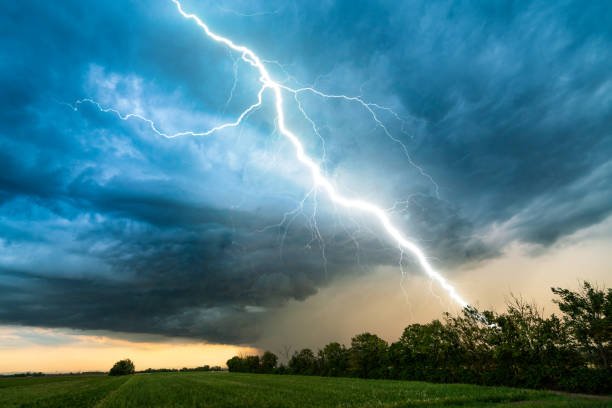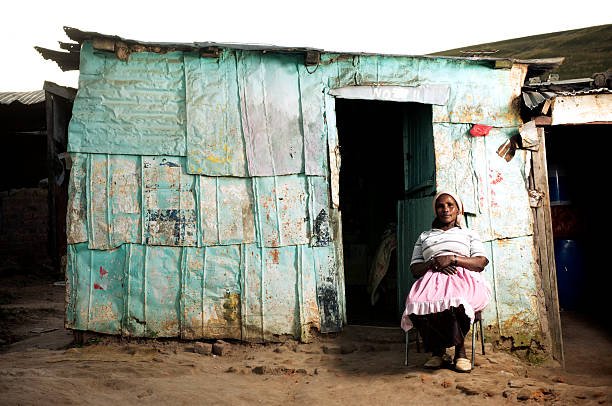On this page, we propose sustainable solutions that could be implemented to minimize the impact of the cyclones, more especially in the Southern Africa region.
Cyclones, also known as hurricanes or typhoons, depending on their location, pose a significant threat to life, property, and natural ecosystems. While they are natural phenomena that we cannot stop, we can implement sustainable strategies to minimize their impacts.
List of TEN Sustainable solutions that could be implemented to minimize the impact of the cyclones
Here are some sustainable solutions to consider:
- Building Resilient Infrastructure: Infrastructure is often heavily damaged by cyclones. One way to minimize this impact is to design and build infrastructure with these events in mind. This includes building structures that can withstand high winds, using materials that resist water damage, and designing infrastructure that can recover quickly after a cyclone passes.
- Coastal and Wetland Management: Coastal ecosystems, such as mangroves and coral reefs, and inland wetlands provide natural barriers to the surge of water that comes with cyclones. These ecosystems can absorb much of this surge and reduce the impact on inland areas. Therefore, preserving and restoring these ecosystems is crucial.
- Improved Forecasting and Early Warning Systems: The better we can predict the path and strength of a cyclone, the more time we have to prepare and evacuate people from the danger zone. Investing in technology and systems for better forecasting can therefore save lives and minimize property damage.
- Education and Preparedness: Communities that are educated about cyclones and have preparedness plans in place are more likely to survive these events with minimal loss. This can include things like regular drills, building emergency kits, and having evacuation plans in place.
- Sustainable Land Use and Zoning: It’s essential to consider cyclone risks in land-use planning and zoning decisions. This might mean avoiding construction in areas that are particularly vulnerable to cyclones or building in a way that minimizes potential damage.
- Green Energy Solutions: Although this does not directly prevent cyclone damage, adopting renewable energy solutions reduces the emissions driving climate change, which may increase the frequency and severity of cyclones. Solar, wind, and hydroelectric power are all sustainable alternatives to fossil fuels.
- Community-based Disaster Management: Engaging local communities in cyclone preparedness, response, and recovery efforts can significantly reduce disaster risk. Local communities often possess unique knowledge of their environment, which can be invaluable in managing cyclones effectively.
- Climate-Resilient Agriculture: In many areas affected by cyclones, agriculture is a significant part of the economy. Implementing practices that can withstand severe weather events and recover quickly afterward is essential. This might involve planting more robust crop varieties, using natural buffers like trees to protect fields, or diversifying crops to avoid total loss.
- Insurance and Financial Instruments: Innovative financial instruments like catastrophe bonds and insurance can transfer the financial risks associated with cyclones from governments and homeowners to global financial markets. This can help ensure that funds are available for immediate response and recovery efforts after a cyclone.
- Policy and Legislation: Policies and laws must be in place to support all of the above strategies. This includes regulations on building codes, land use, and environmental protection, as well as policies to encourage the use of renewable energy and sustainable agriculture.
Video: Reducing the effects of tropical storms
Implementing these solutions requires a collaborative effort from governments, businesses, and individuals. With the increasing threat of cyclones due to climate change, it’s more important than ever to take proactive steps to minimize their impact.






